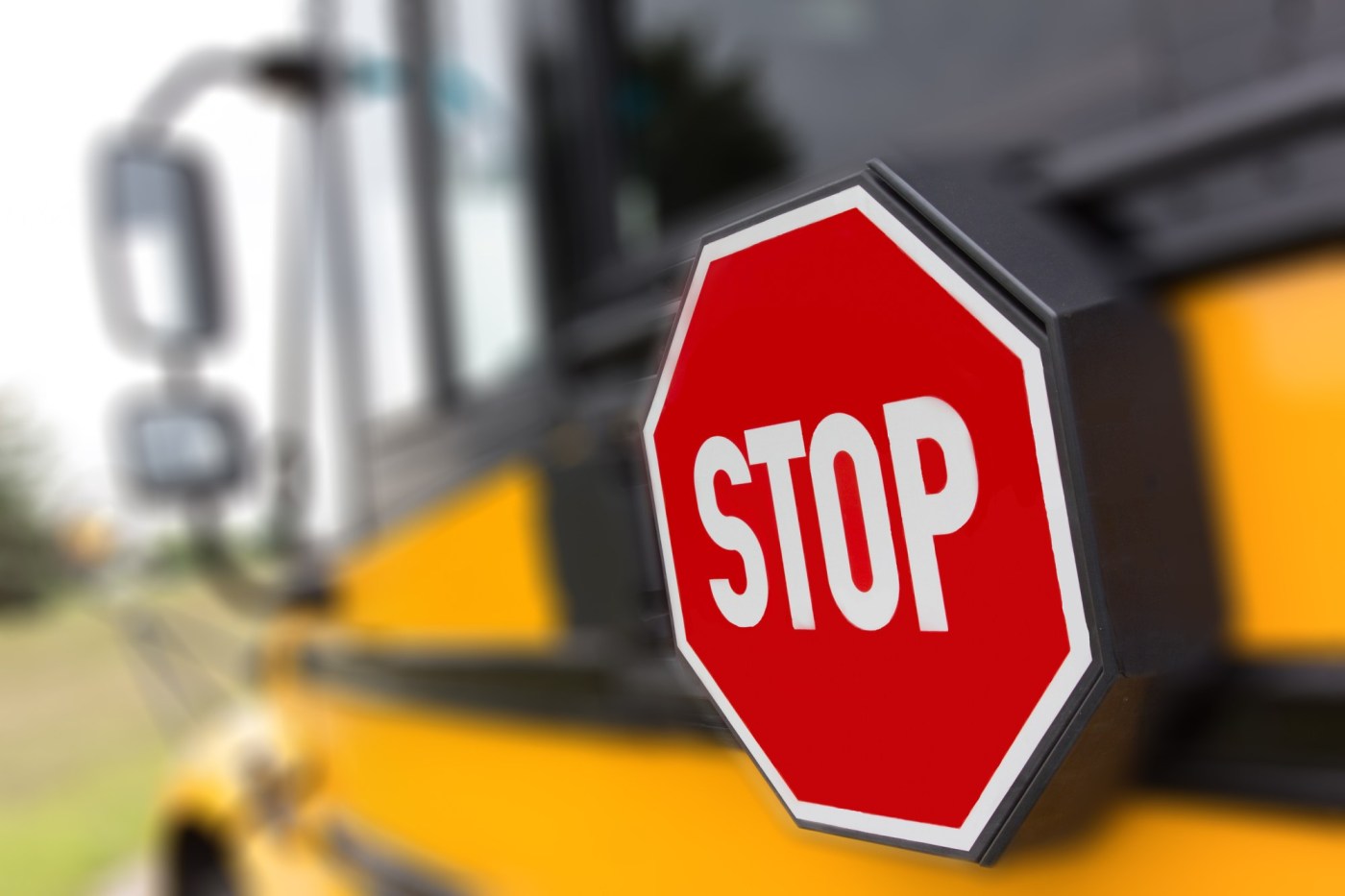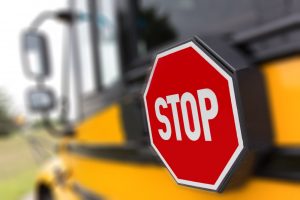
Mandatory reporting laws meant to protect children get another look
Kristin Jones | KFF Health News (TNS)
More than 60 years ago, policymakers in Colorado embraced the idea that early intervention could prevent child abuse and save lives. The state’s requirement that certain professionals tell officials when they suspect a child has been abused or neglected was among the first mandatory reporting laws in the nation.
Since then, mandatory reporting laws have expanded nationally to include more types of maltreatment — including neglect, which now accounts for most reports — and have increased the number of professions required to report. In some states, all adults are required to report what they suspect may be abuse or neglect.
But now there are efforts in Colorado and other states to roll back these laws, saying the result has been too many unfounded reports, and that they disproportionately harm families that are poor, Black, or Indigenous, or have members with disabilities.
“There’s a long, depressing history based on the approach that our primary response to a struggling family is reporting,” said Mical Raz, a physician and historian at the University of Rochester in New York. “There’s now a wealth of evidence that demonstrates that more reporting is not associated with better outcomes for children.”
Stephanie Villafuerte, Colorado’s child protection ombudsman, oversees a task force to reexamine the state’s mandatory reporting laws. She said the group is seeking to balance a need to report legitimate cases of abuse and neglect with a desire to weed out inappropriate reports.
“This is designed to help individuals who are disproportionately impacted,” Villafuerte said. “I’m hoping it’s the combination of these efforts that could make a difference.”
Some critics worry that changes to the law could result in missed cases of abuse. Medical and child care workers on the task force have expressed concern about legal liability. While it’s rare for people to be criminally charged for failure to report, they can also face civil liability or professional repercussions, including threats to their licenses.
Being reported to child protective services is becoming increasingly common. More than 1 in 3 children in the United States will be the subject of a child abuse and neglect investigation by the time they turn 18, according to the most frequently cited estimate, a 2017 study funded by the Department of Health and Human Services’ Children’s Bureau.
Black and Native American families, poor families, and parents or children with disabilities experience even more oversight. Research has found that, among these groups, parents are more likely to lose parental rights and children are more likely to wind up in foster care.
In an overwhelming majority of investigations, no abuse or neglect is substantiated. Nonetheless, researchers who study how these investigations affect families describe them as terrifying and isolating.
Related Articles
Busy Philipps diagnosed with ADHD alongside her daughter
Ozzy Osbourne receiving stem cell treatments amid health problems
Amid Steward Hospitals’ crisis in Massachusetts, Maura Healey admin launches ‘Emergency Operations Plan’
Massachusetts could get almost $60M in opioid funding from Biden admin to fight overdose crisis
US lawmakers slam UnitedHealth’s cybersecurity, call the company ‘a monopoly on steroids’
In Colorado, the number of child abuse and neglect reports has increased 42% in the past decade and reached a record 117,762 last year, according to state data. Roughly 100,000 other calls to the hotline weren’t counted as reports because they were requests for information or were about matters like child support or adult protection, said officials from the Colorado Department of Human Services.
The increase in reports can be traced to a policy of encouraging a broad array of professionals — including school and medical staff, therapists, coaches, clergy members, firefighters, veterinarians, dentists, and social workers — to call a hotline whenever they have a concern.
These calls don’t reflect a surge in mistreatment. More than two-thirds of the reports received by agencies in Colorado don’t meet the threshold for investigation. Of the children whose cases are assessed, 21% are found to have experienced abuse or neglect. The actual number of substantiated cases has not risen over the past decade.
While studies do not demonstrate that mandatory reporting laws keep children safe, the Colorado task force reported in January, there is evidence of harm. “Mandatory reporting disproportionately impacts families of color” — initiating contact between child protection services and families who routinely do not present concerns of abuse or neglect, the task force said.
The task force said it is analyzing whether better screening might mitigate “the disproportionate impact of mandatory reporting on under-resourced communities, communities of color and persons with disabilities.”
The task force pointed out that the only way to report concerns about a child is with a formal report to a hotline. Yet many of those calls are not to report abuse at all but rather attempts to connect children and families with resources like food or housing assistance.
Hotline callers may mean to help, but the families who are the subjects of mistaken reports of abuse and neglect rarely see it that way.
That includes Meighen Lovelace, a rural Colorado resident who asked KFF Health News not to disclose their hometown for fear of attracting unwanted attention from local officials. For Lovelace’s daughter, who is neurodivergent and has physical disabilities, the reports started when she entered preschool at age 4 in 2015. The teachers and medical providers making the reports frequently suggested that the county human services agency could assist Lovelace’s family. But the investigations that followed were invasive and traumatic.
“Our biggest looming fear is, ‘Are you going to take our children away?’” said Lovelace, who is an advocate for the Colorado Cross-Disability Coalition, an organization that lobbies for the civil rights of people with disabilities. “We’re afraid to ask for help. It’s keeping us from entering services because of the fear of child welfare.”
State and county human services officials said they could not comment on specific cases.
The Colorado task force plans to suggest clarifying the definitions of abuse and neglect under the state’s mandatory reporting statute. Mandatory reporters should not “make a report solely due to a family/child’s race, class or gender,” nor because of inadequate housing, furnishings, income or clothing. Also, there should not be a report based solely on the “disability status of the minor, parent or guardian,” according to the group’s draft recommendation.
The task force plans to recommend additional training for mandatory reporters, help for professionals who are deciding whether to make a call, and an alternative phone number, or “warmline,” for cases in which callers believe a family needs material assistance, rather than surveillance.
Critics say such changes could leave more children vulnerable to unreported abuse.
“I’m concerned about adding systems such as the warmline, that kids who are in real danger are going to slip through the cracks and not be helped,” said Hollynd Hoskins, an attorney who represents victims of child abuse. Hoskins has sued professionals who fail to report their suspicions.
The Colorado task force includes health and education officials, prosecutors, victim advocates, county child welfare representatives and attorneys, as well as five people who have experience in the child welfare system. It intends to finalize its recommendations by early next year in the hope that state legislators will consider policy changes in 2025. Implementation of any new laws could take several years.
Colorado is one of several states — including New York and California — that have recently considered changes to restrain, rather than expand, reporting of abuse. In New York City, teachers are being trained to think twice before making a report, while New York state introduced a warmline to help connect families with resources like housing and child care. In California, a state task force aimed at shifting “mandated reporting to community supporting” is planning recommendations similar to Colorado’s.
Among those advocating for change are people with experience in the child welfare system. They include Maleeka Jihad, who leads the Denver-based MJCF Coalition, which advocates for the abolition of mandatory reporting along with the rest of the child welfare system, citing its damage to Black, Native American, and Latino communities.
“Mandatory reporting is another form of keeping us policed and surveillanced by whiteness,” said Jihad, who as a child was taken from the care of a loving parent and placed temporarily into the foster system. Reform isn’t enough, she said. “We know what we need, and it’s usually funding and resources.”
Some of these resources — like affordable housing and child care — don’t exist at a level sufficient for all the Colorado families that need them, Jihad said.
Other services are out there, but it’s a matter of finding them. Lovelace said the reports ebbed after the family got the help it needed, in the form of a Medicaid waiver that paid for specialized care for their daughter’s disabilities. Their daughter is now in seventh grade and doing well.
None of the caseworkers who visited the family ever mentioned the waiver, Lovelace said. “I really think they didn’t know about it.”
(KFF Health News is a national newsroom that produces in-depth journalism about health issues and is one of the core operating programs of KFF — the independent source for health policy research, polling and journalism.)
©2024 KFF Health News. Distributed by Tribune Content Agency, LLC.


